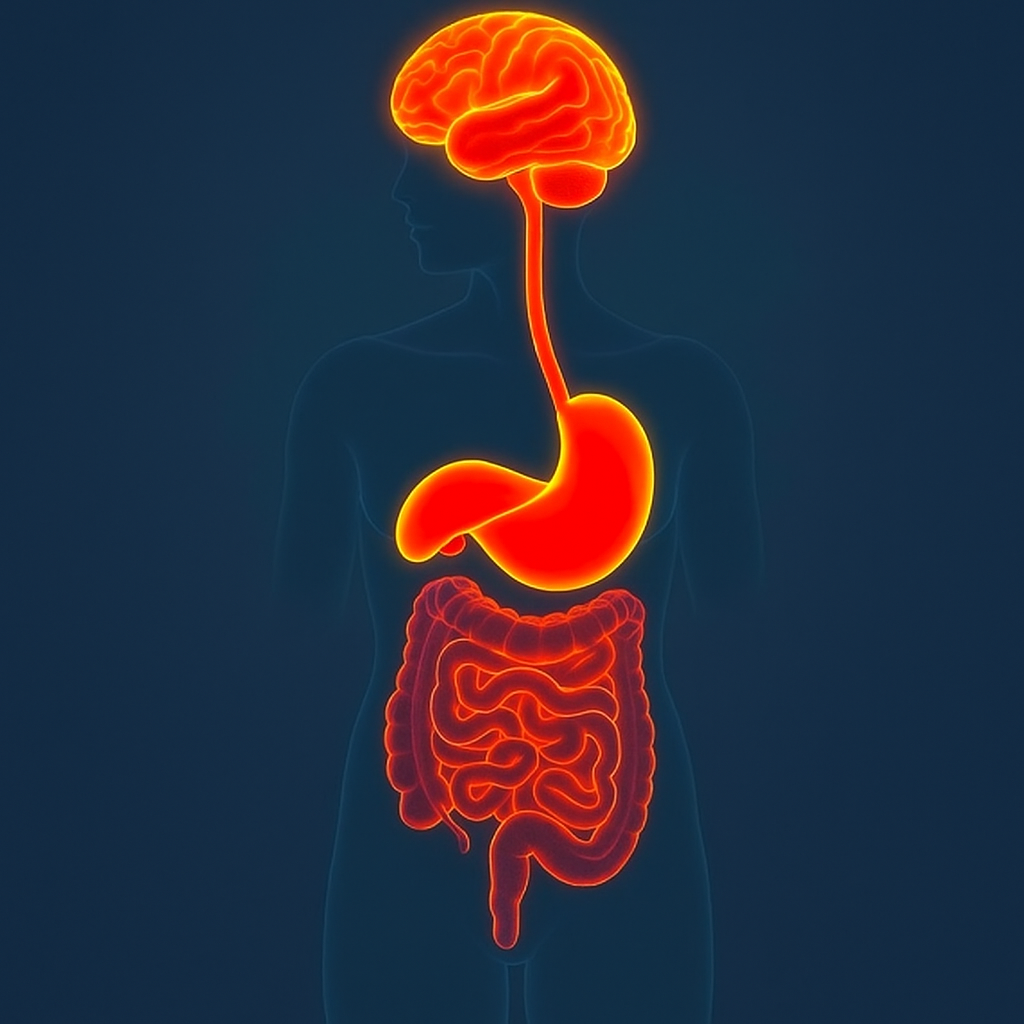The gut is often referred to as the “second brain”—and with good reason. According to Dr. Barbara O’Neill, a renowned natural health educator, the connection between gut health and mental health is more powerful than most people realize. From mood swings to memory lapses and anxiety, many mental health symptoms can be traced back to poor gut function. But what exactly does that mean?
What Does Gut Health Mean?
Gut health refers to the proper functioning of your digestive system, especially your gut microbiome—the trillions of beneficial bacteria living in your intestines. A healthy gut supports digestion, nutrient absorption, immune strength, and crucially, brain function.
The Gut and Mental Health Connection
Scientific research, backed by Dr. O’Neill’s teachings, highlights the gut-brain connection—a two-way communication between the gut and the brain through the vagus nerve, hormones, and neurotransmitters. When your gut is unhealthy, it sends distress signals to the brain, resulting in mental fog, mood disorders, and even depression.
How does your gut affect your mental health? The answer lies in the microbiome. Gut bacteria produce up to 90% of serotonin, the “feel-good” hormone. An imbalance in gut bacteria (dysbiosis) reduces serotonin levels, which may contribute to depression, anxiety, and even behavioral issues.
Does Gut Health Affect Mental Health?
Absolutely. Dr. Barbara O’Neill explains that a leaky gut—a condition where toxins leak into the bloodstream—triggers systemic inflammation. This inflammation can reach the brain, affecting mood, memory, and cognitive function. This highlights the importance of gut health for mental health and explains why gut health is mental health.
Additionally, the gut-brain connection to mood, behavior, and mental illness is supported by growing research in both integrative medicine and neuroscience.
Signs of Poor Gut Health and Mental Stress
If you’re wondering whether gut health and mental health are related, consider these signs:
- Bloating, gas, or irregular bowel movements
- Chronic fatigue or brain fog
- Anxiety or depression without a clear cause
- Cravings for sugar and processed foods
These symptoms often point to gut imbalance. According to Dr. O’Neill, the first step to mental clarity is healing the gut naturally—not through pills, but with food, hydration, and lifestyle adjustments.
Improving Gut Health for Better Mental Well-being
Here’s how to improve your gut and support your mental health:
Eat Fermented Foods
Fermented foods like sauerkraut, kefir, and yogurt contain live probiotics. The role of natural probiotics in building a healthy microbiome, which supports both gut and brain health.
Eliminate Sugar and Processed Foods
These destroy gut flora and create a breeding ground for harmful bacteria. Clean eating is the first step to mental recovery.
Drink Plenty of Water
Hydration flushes toxins and maintains bowel regularity, reducing inflammation in both the gut and brain.
Manage Stress
Stress itself harms gut lining and alters microbiota. Relaxation techniques such as deep breathing, time in nature, and quality sleep are key to restoring both mental and digestive balance.
Final Thoughts
So, what is the connection between the gut and the brain? Simply put: when your gut suffers, your mind suffers. The gut-brain connection is not a trend—it’s a biological reality. Healing begins in the gut, and nurturing your microbiome can significantly improve your emotional and cognitive health.
Whether you’re looking to manage mood disorders or just boost mental clarity, gut health and mental health should be addressed together. Follow Dr. Barbara O’Neill’s natural strategies—clean diet, fermented foods, hydration, and stress relief—to experience the powerful impact of a balanced gut on a peaceful mind.




Hi,
I hope this message finds you well.
I’m reaching out because I have a keen interest in contributing a guest post to your website. As a seasoned writer, I specialize in creating content that drives traffic and captivates readers.
I’d be happy to provide a guest post, tailored specifically to your audience’s interests and needs.
If you’re open to this idea, I can share some topic suggestions that I think would resonate well with your readers.
Looking forward to your response.
Best,
Winifred Gill
Thank you for approaching. I really appreciate your efforts. I will definitely reach you. when needed.